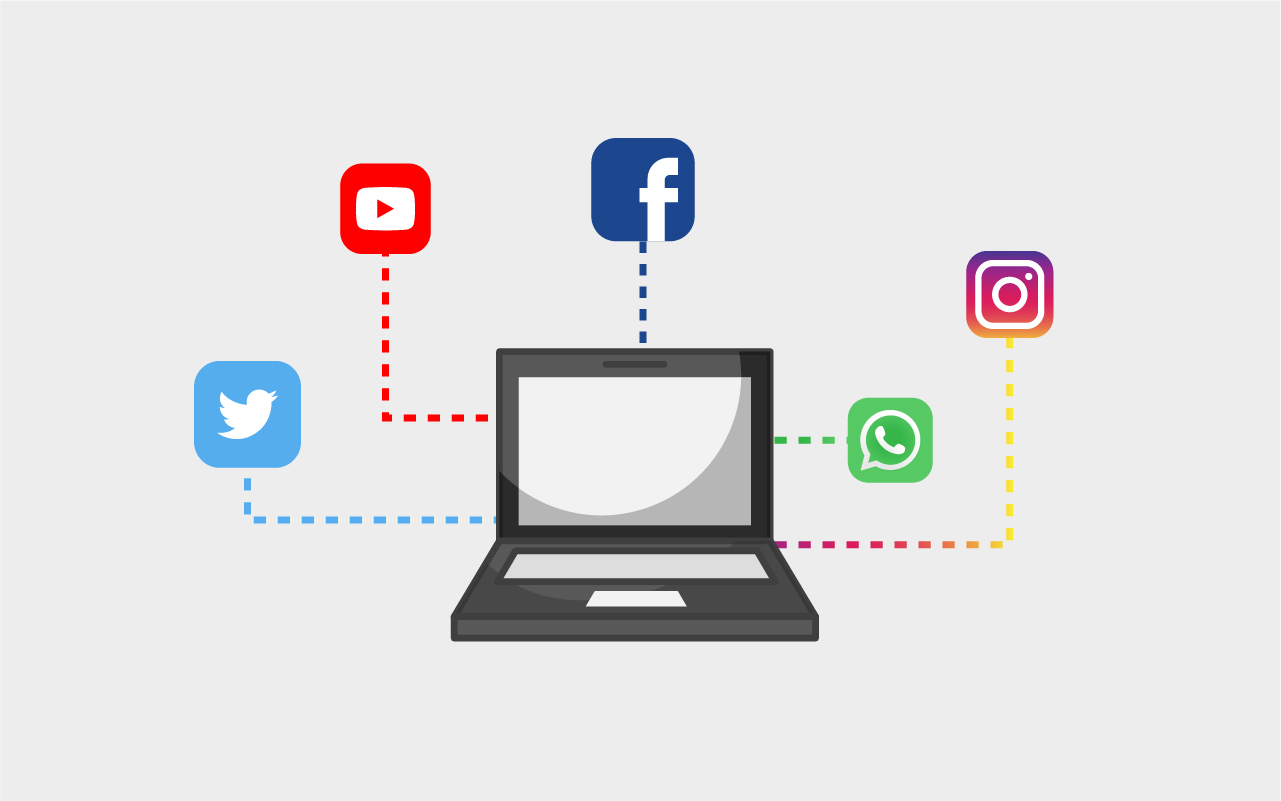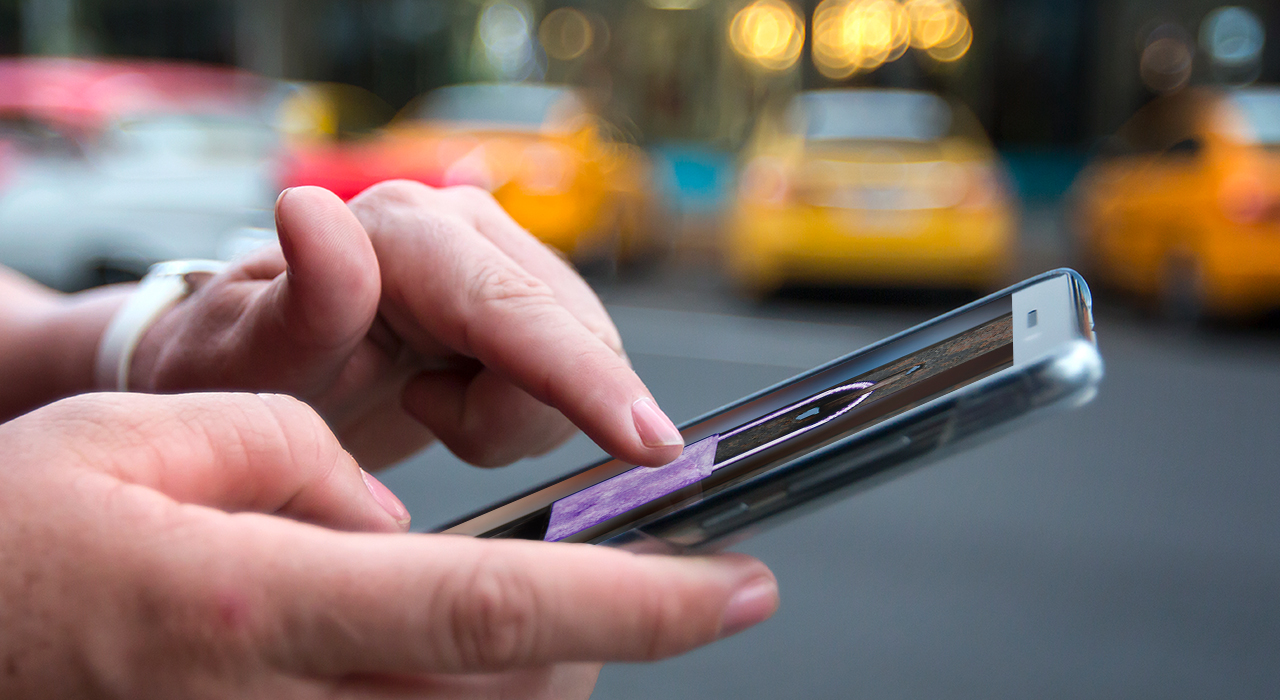Videocall apps and data security in times of pandemic
Videocall apps have proving to be essential in our lives during this quarantine. If before the pandemic they were already widely used all around the world, now with social distancing they are here to stay.
Through videocalls we have been able to have work meetings and to keep in touch with our loved ones.
The amount of users videocall apps has rapidly increased. In one hand, some well-known ones like WhatsApp and Skype have become more popular. In the other hand others like Houseparty and Zoom have emerged with a lot of strength.
What happens if there’s a security breach?
The big controversy that has been detonated with the use of videocall apps is because of data protection and security concerns. Each minute in the world millions of users of these platforms share personal and work related information. These could be exposed to the risk of being stolen by hackers or used with lucrative ends.
In many of these apps you just need an email and a password to register. If a hacker has access to those credentials it could give him/her control over your information. The great danger is not only because of a possible ID theft, but also because they could steal your information and benefit from it by selling it or through blackmails.
There’s no doubt that these kind of tools are of great support when working remotely since it allows us to share files, hold meetings with teams or clients, etc. Nevertheless, they are becoming the cybercriminals’ targets because, like any other technology, it has its weaknesses and can be hacked, putting corporate information at risk”.
Eusebio Nieva, Technical Director of Check Point for Spain and Portugal.
Apps that secure communication
Dutch Data Protection Authorities did a study on how these apps manage data security. This analysis took 13 apps into account: Discord, FaceTime, Hangouts, Hangouts Meets, Houseparty, Jitsi, Messenger, Signal, Skype, Talk, Teams de Microsoft, WhatsApp y Zoom.
Among the analyzed topics the privacy aspects were the most relevant: which data does the app gather, what does it do with it and if the communication is secure. For this the entity focused on what the companies say that their apps do with the data, for example, in their privacy declaration.
As a result of this investigation, the dutch organism determined that the most secure apps in terms of communication are: Jitsi, Signal and Talk de Nextcloud. These comply with the parameters related to the end-to-end encryption, the encryption of the traffic in transit so that third-parties cannot access; minimization of metadata use and they are open source.
On the end of the list we have Houseparty. This is one of the most downloaded apps this quarantine but it is the least secure one because it doesn’t comply with any of the items mentioned before.
In another section, the study concluded that Hangouts, Hangouts Meets, Messenger, Skype, Teams and WhatsApp are the platforms that store the most data from their users. This happens because they access contacts, location, as well as calls and other metadata from their users.
Advices to protect your videocalls
There are some basics that you should take into account when using videocall apps. These can be very useful to avoid hackers and data manipulation:
- Download the app from trustworthy sites (Google Play, Apple Store, the platforms website)
- Keep it updated
- Read their privacy policy carefully before installing it and study each update
- Review its admin configuration
- Have an antimalware program installed
- Don’t download anything from links sent by other users
- In case of being at a meeting, keep the microphone and camera deactivated if possible
Do you use a videocall apps? Which is your favourite? Comment below. Let us know!
Artículos relacionados


